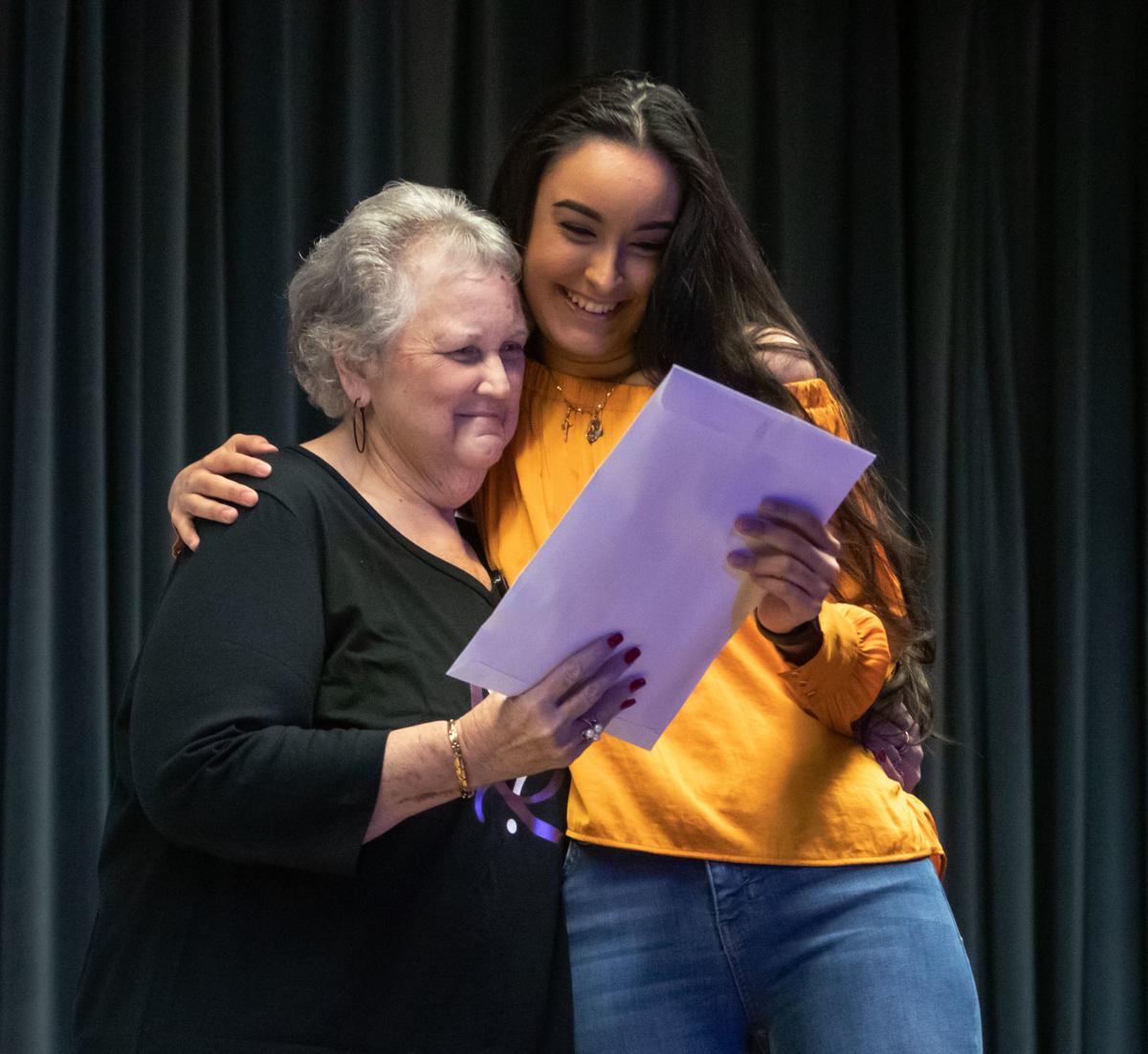Ignorance is key. That’s what 30 high school students and 20 undergraduates from across the state learned during their intensive, seven-week research fellowships with the University of Arizona College of Medicine.
The Summer Institute on Medical Ignorance (SIMI) was founded in the early 1980s by Dr. Marlys Witte, professor of surgery at UA and director of the Medical Student Research Program, and is funded through several grants from the National Institutes of Health.
According to Witte, SIMI aims to take the stigma out of ignorance and equip students with the question-asking skills they need to succeed professionally and intellectually.
“Students, faculty and even scientists often think ignorance is something bad, but it’s actually the terrain in which all learning and discovery take place,” Witte said. “Questions are how you get there and how you explore the frontiers of medicine. We’re not going to make discoveries unless we’ve admitted our ignorance.”
In addition to high school and undergraduate students, SIMI also hosted 27 medical students who conducted full-time research this summer.
During this paid, full-time fellowship, students were matched with mentors according to their interests and were placed in labs to assist with a variety of research. They were also given opportunities to network with professionals within the field and explore potential career paths.
According to Witte, SIMI leaders specifically focus on recruiting disadvantaged students from across the state, including those from rural and tribal communities and under-resourced schools. This year’s program drew high school students from Douglas, Globe, Phoenix, Rio Rico, Tuba City and Tucson.
Even through the technical skills and hands-on experience, the program’s focus is teaching students that learning to ask the right questions is even more important than having the right answers. For Kimberly Muñoz, 20, this was the most rewarding part of the experience.
“This program has prepared me for my future by teaching me not to be afraid of asking questions, and to not be ashamed of asking too many questions,” she said. “It helped me be more confident in myself and showed me that I’m allowed to ask as many questions as I want and don’t have to feel bad for it.”
Munoz has been accepted into the summer program for five years in a row, starting when she was a sophomore at Tucson High Magnet School. Now, as a junior studying neuroscience and cognitive science at the UA, Muñoz said she will carry the skills she has learned into medical school and beyond.
“It was really inspiring to see that there was other students my age with the same interests, and also people I could look up to,” she said. “As the years went on, this program only got better, so I kept coming back.”
Jared Fischer, a high school senior from Rio Rico, was introduced to the SIMI program by his chemistry teacher.
During his fellowship, Fischer worked in UA’s Department of Pharmacology and conducted research on how to regulate chronic pain.
“My favorite part of the program was the lab work. When you’re in high school, you don’t really get as much hands-on lab experience as you might want. Here, I did lab work every day,” Fischer said. “It’s just a lot of great hands-on experience, which is exactly what I was hoping to get out of it.”
After completing the program, the students were honored at a graduation ceremony Friday and were presented with diplomas as apprentice doctors of medical ignorance. According to Witte, watching the students develop their curiosity and become confident in their ability to ask questions is the biggest accomplishment, regardless of whether the students decide to pursue a STEM field.
“They’re learning to express their curiosity,” Witte adds. “Many of them are very shy, but once you pop the cork, it starts flowing. It’s life-altering for many of the students.”





